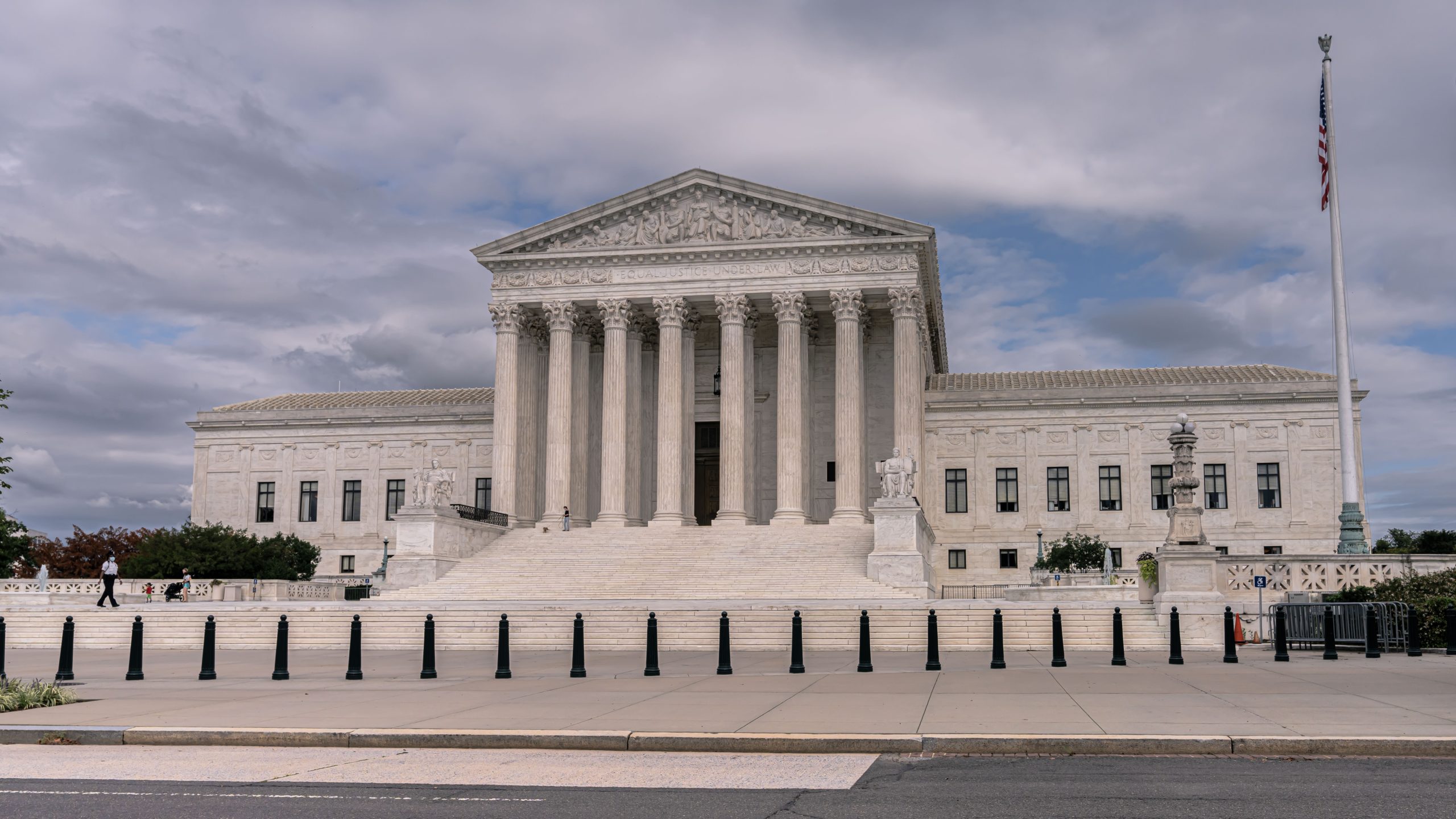Supreme Court Rules in Retirement Fee Lawsuit
This morning, the United States Supreme Court issued its widely anticipated ruling in Hughes v. Northwestern University, which involves retirement plan participants’ allegations of needlessly expensive investment options and excessive recordkeeping fees. The opinion is short; the Court needed only six pages to reaffirm its insistence that fiduciaries have a continuing duty to monitor plan investments and remove imprudent ones. Moreover, it confirmed that having some prudent and/or affordable options is no excuse for offering others that are imprudent and/or excessively expensive.
Brief Procedural Background
Northwestern University offers two defined contribution plans to its employees. A group of current and former employees filed suit against the school, the investment committee, and the individual officials who administer the plans, alleging that they breached their fiduciary duties in a variety of ways. The court of appeals granted those defendants’ motion to dismiss the lawsuit. The employees asked the Court to direct the court of appeals to reconsider that motion to dismiss. In essence, the employees want their day in court and asked the Supreme Court to protect that right.
Summary of Arguments
The employees alleged that the University fiduciaries breached their duties in two key ways:
- failing to monitor and control recordkeeping fees, which failure resulted in unreasonable high expenses; and
- offering “retail” share class funds that carried higher fees than otherwise identical “institutional” share classes.
The fiduciaries’ counter argument might surprise you; in essence, the fiduciaries argued that they shouldn’t be considered to have been irresponsible with respect to the poor or overpriced investment options because they also had a lot of options (among the over 400 in total) that were pretty good or reasonably priced. The court of appeals agreed with that argument, finding that the existence of some low-cost investments eliminated any concerns that other plan options were imprudent.
Supreme Court Responds
The Court’s unanimous opinion reflects its clear disagreement with the lower court: “That reasoning was flawed.” The Court revisited its prior guidance in the Tibble v. Edison Int’l case, in which it confirmed fiduciaries’ continuing duty of prudence. It criticized the lower court for not applying the Tibble rationale and disagreed with the notion that a fiduciary’s satisfaction of the duty of diversification would somehow eliminate the duty of prudence with respect to each and every investment option. As a result, the Court swiftly vacated the lower court’s decision and sent the case back to the lower court with instructions that it follow Supreme Court precedent and consider whether the employees have plausibly alleged a violation of the duty of prudence.
What Does This Mean?
Given the increasingly political nature of the Supreme Court, we should take notice of the Court’s unanimous decision in the Hughes case. For those who are already good fiduciaries, it seems strange that the fiduciaries of large retirement plans sponsored by one of the top universities in the country would argue “it’s okay that we had some bad stuff because there was also some good stuff”. Yet when that’s the best argument available, it is easy for the Supreme Court to remind all fiduciaries of three things:
- fiduciary responsibilities are the highest known to law;
- they are continuing and perpetual in nature; and
- “having some good stuff doesn’t make the bad stuff okay”.
If you find this type of fiduciary content valuable, you won’t want to miss our monthly Fiduciary 15 webinar. Join our mailing list.

